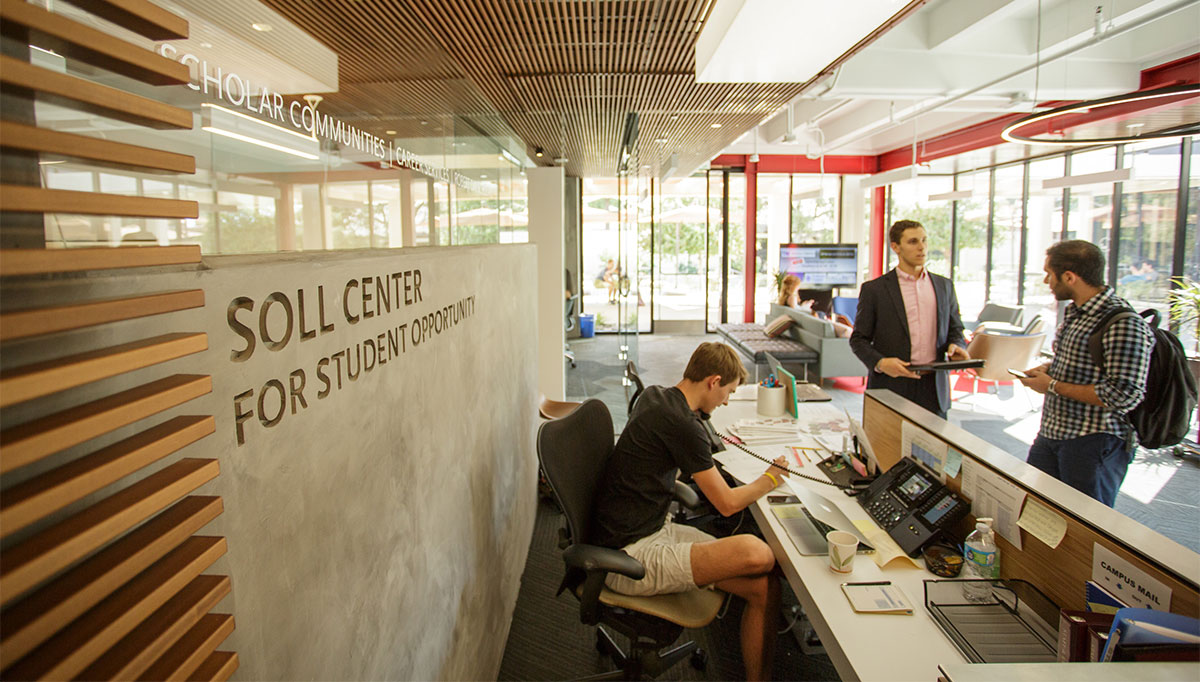VI. Coordinated Planning, Implementation, & Assessment

Coordinated Planning
The strategic priorities outlined in Section V and the College’s current strategic trajectory as reviewed in the annotated Executive Summary of the 2002 Strategic Plan are already informing other important institutional planning activities occurring in parallel with the Committee’s work, including:
CMC’s Strategic Financial Model
- The Finance Committee, the Claremont Investment Fund (“CIF”) and the Claremont Investment Management Company (“CIMC”), and the College Advancement Committee are working to develop a long- range strategic financial model for the College (“Strategic Financial Model”). The Strategic Financial Model will include recommendations as to the major financial policies and guidelines of the College, including, among others, the investment policy, the spending rule, the debt policy, the Composite Financial Index (“CFI”), etc.
- The Finance Committee will present the Strategic Financial Model to the Board of Trustees for its review and approval by the end of the 2019-20 academic year.
CMC’s Campus Master Plan
- The Campus Planning and Facilities Committee is responsible for overseeing the maintenance and development of the College’s campus and is currently engaged in a process to update the College’s 2012 Campus Master Plan during the 2019-2020 academic year.
- Based on the institutional priorities outlined in this report and other elements of the existing Campus Plan, it is anticipated that the major projects will include:
- A complete refresh of the Campus Plan that will focus on the full development of the eastern section of the North Mall (from Bauer Center through Claremont Boulevard), including planning and development of programs and facilities for sciences, psychology, economics, mathematics, computer science, and data science;
- Developing landscape plans for the Mid-Quad, Collins Dining Hall, and the North Quad; and
- Planning and development related to other programmatic priorities, including campus and residential life, and athletics and recreation.
Campaign Planning
- The College Advancement Committee, in coordination with the Finance Committee, CIF/CIMC, and the Campus Planning and Facilities Committee, has been actively engaged in developing coordinated and integrated advancement recommendations for the Board, including with respect to:
- The framing, positioning, and financial goals for the College’s next fundraising campaign;
- Strengthening the College’s alumni and parent engagement programs, including through the next campaign and beyond; and
- Developing a Strategic Communications Plan that will be coordinated with this Report and aligned with various stakeholders across the CMC Community (from Admission and Financial Aid, to CMC’s external and internal communities, to the higher education community and the public at large).
- The Board will consider a comprehensive campaign with a preliminary goal of $800 million. The campaign priorities will align with the strategic priorities discussed in this report, including:
- $250-300 million to deepen and broaden the founding vision for CMC as a residential liberal arts college that would be distinguished by its focused academic program and its commitments to responsible leadership and research;
- $300-400 million to strengthen CMC’s programs in the sciences, computer science, data science, and related fields; and
- $250-300 million to expand CMC’s efforts to expand student opportunity through recruiting, admitting, supporting, and educating the top, emerging scholar-leaders on the basis of each student’s individual merit, potential, and contribution to CMC’s mission, regardless of financial need.
Implementation
- The Board of Trustees will track the College’s implementation of these strategic priorities and the coordinated planning initiatives described above during the next 3-5 years through its annual review and approval of the College’s Institutional Priorities and Top Board Committee Priorities.
Assessment
- In coordination with relevant offices and departments throughout the College, the Office of Institutional Research will develop and present annually to the Board of Trustees a Strategic Indicators Report that will evaluate:
- The impact and effectiveness of the initiatives outlined in this report as they are implemented; and
- Key strategic indicators across the College as a whole, organized by category or function (e.g., admission and financial aid, student affairs, academic affairs, campus planning, financial, advancement, and governance).
